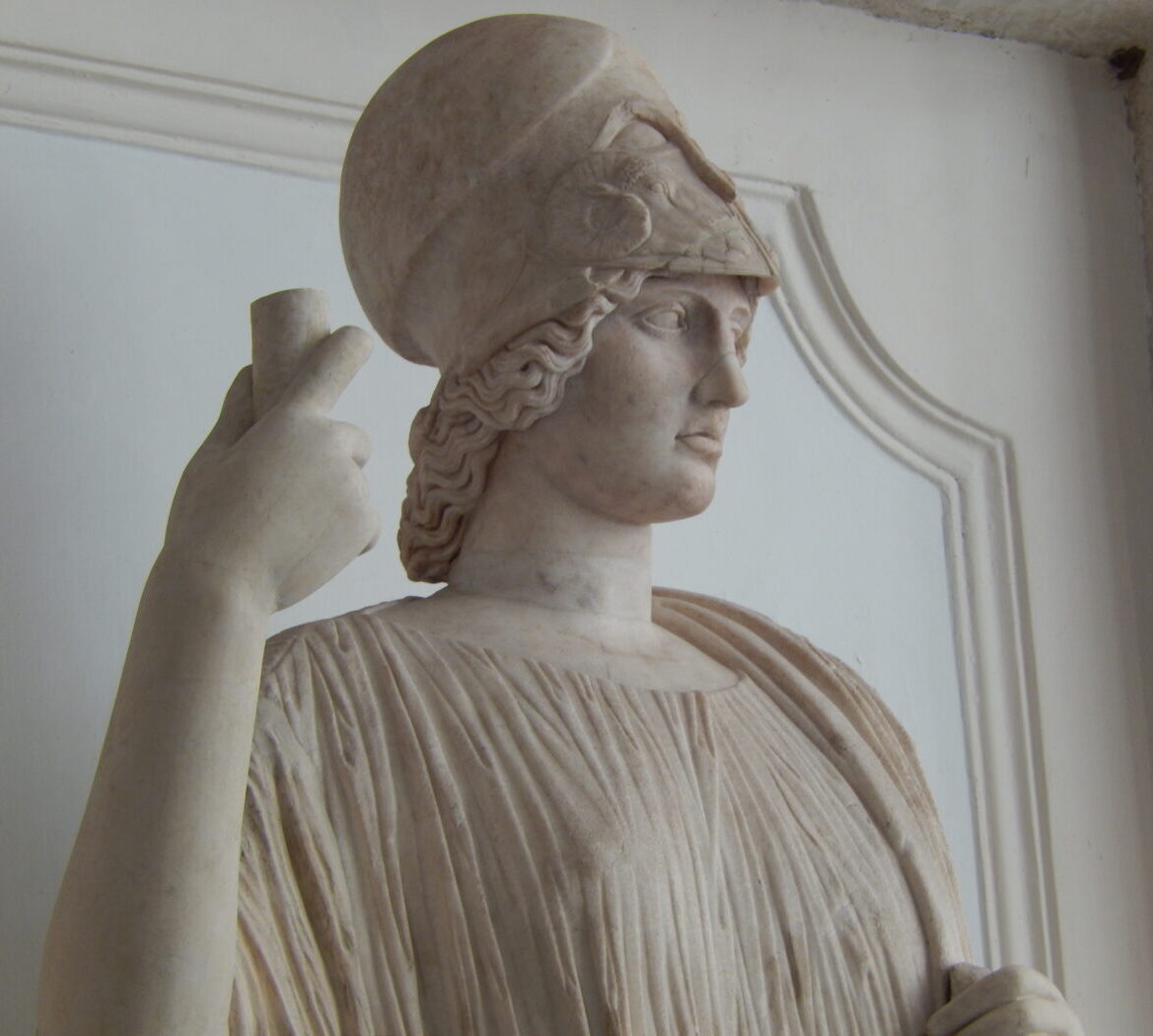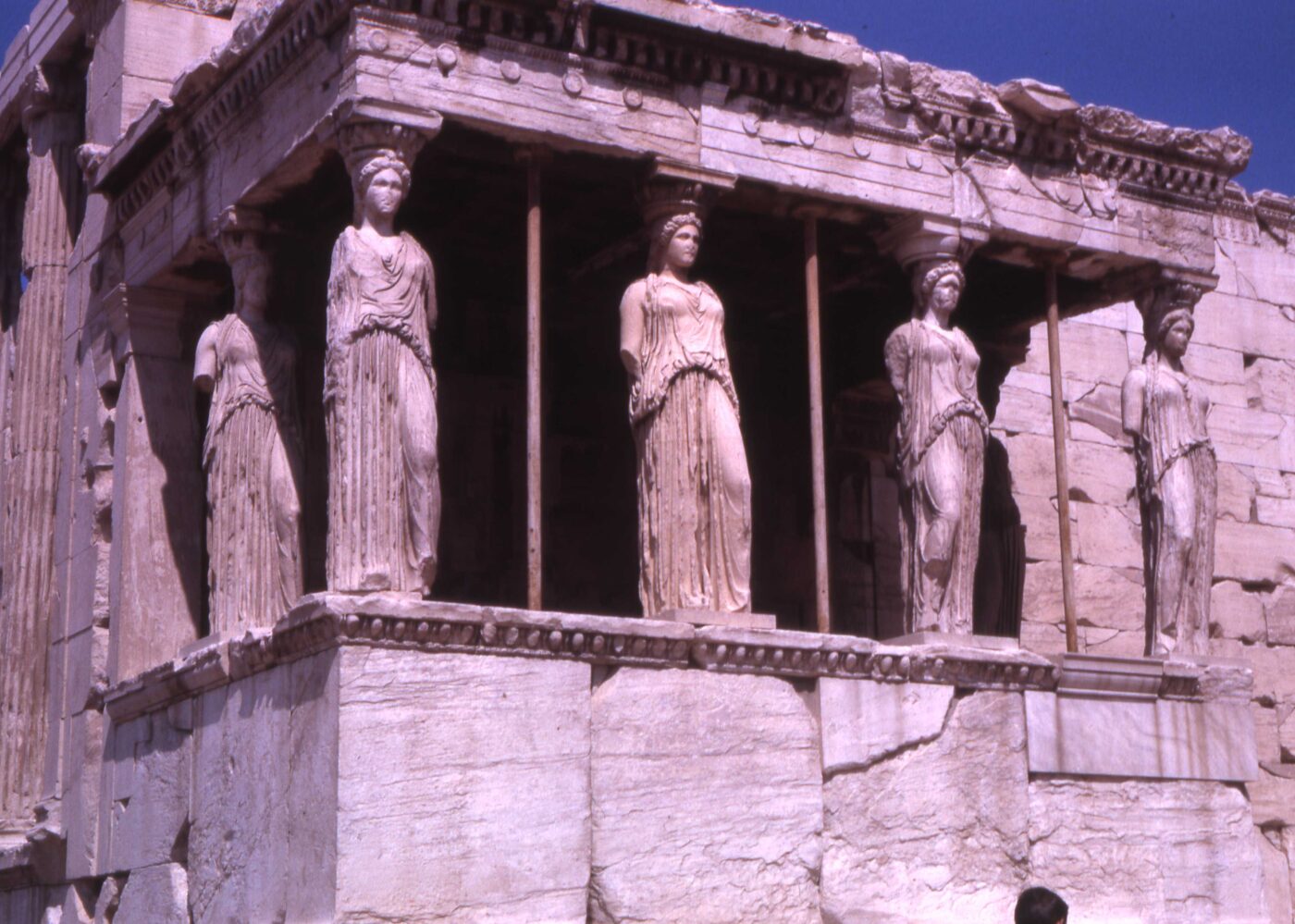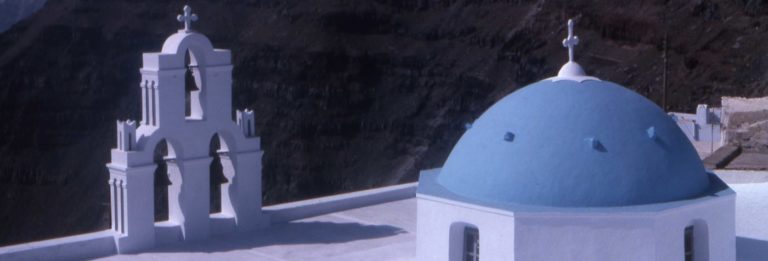I love a good reinterpretation of history. The Parthenon Enigma: a New Understanding of the West’s Most Iconic Building and the People Who Made It. falls comfortably into this category, particularly because it makes other archaeological colleagues of the author uncomfortable. A little controversy is stimulating. It also makes me want to travel to Greece and Turkey.


Professor Connelly takes us on an entirely different journey. Her new insights were inspired by her reading of a recently discovered play by Euripides about the founding royal family of Athens. I’ve read the myths of the antics of Greek gods, and slogged through the Iliad and the Odyssey. But, I’ve never heard of King Erechtheus and his family or known their importance to the lore of Athens.

The author presents the case that the famous friezes of the iconic temple tell the tale of sacrifice in the name of the community welfare. She weaves the spiritual and political contexts of the venerated city state and presents a view of a time when no one life was worth more than the good of the community. It is a context for heroic individual action dedicated to the well-being of the community, not the glory of the individual.
The Parthenon Enigma is a grand retelling of the history of the city of Athena. Not every historian has lined up to praise the thesis. However, I’m sure you will find it fascinating and thought-provoking. It may even cause you to launch a cruise to the Aegean.







